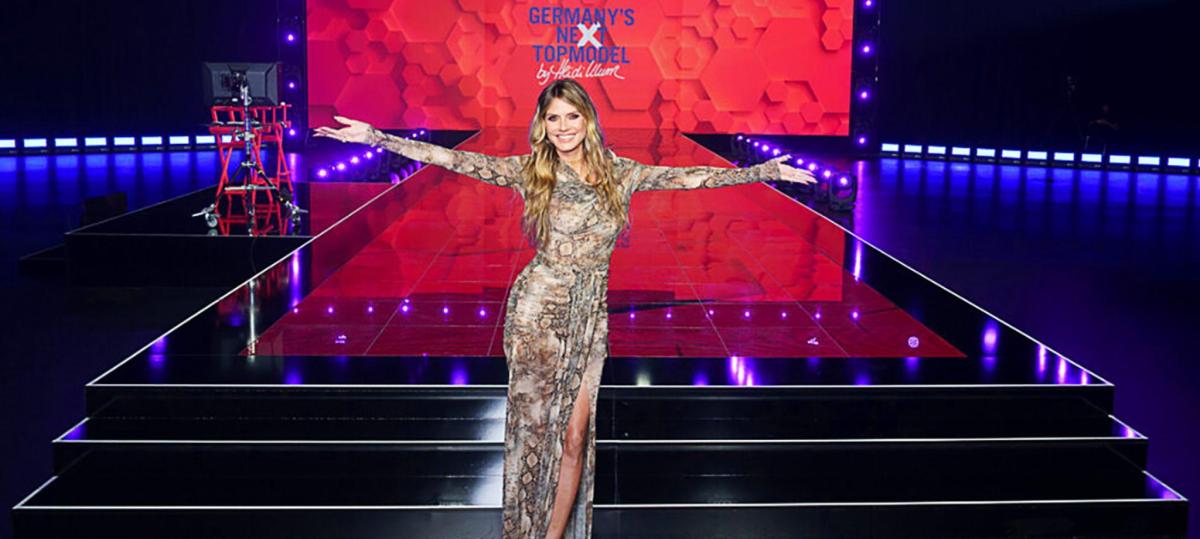Wanted: New President of De Nederlandsche Bank
/s3/static.nrc.nl/images/gn4/stripped/data132928093-2958e0.jpg)
Perhaps it is the most important vacancy of the moment in the Netherlands: the presidency of De Nederlandsche Bank, on 1 July. She or he manages the most important regulator on banks, advises the government at a high level and becomes co -director in the European Central Bank, who monitors financial stability in the euro zone.
Who will take on these tasks in any case for the next seven years? That remains a mystery for the time being, while current President Klaas Knot will leave in a month. His maximum period of twice seven years is over. According to Minister of Finance Eelco Heinen (VVD), no one has to worry about the follow -up of Knot – but time is running out.
The procedure proceeds as follows: In February the Supervisory Board prepared a profile for the successor to Knot. This was approved by Heinen. According to the law, it is then up to the commissioners of De Nederlandsche Bank, led by former top official and former PvdA minister Martin van Rijn. They select three candidates. Minister Heinen then chooses one of the three, who is submitted to the Council of Ministers for approval.
Political interference
The appointment of Klaas Knot fourteen years ago was announced on 20 May 2011, six weeks before he had to follow his predecessor Nout Wellink on 1 July of that year. He would have liked to stay for a while, but had to leave The Hague after the banking crisis. The law was even adjusted for it: since then a president of DNB may be a maximum of two installments.
Knots application procedure did not go without a struggle. The preferred candidate of the Supervisory Board of DNB was Lex Hoogduin, who was already a director at the bank at the time. Out a reconstruction by NRC It turned out that Prime Minister Mark Rutte stopped his appointment. Hoogduin could not implement the cultural change desired by The Hague after Wellink was the analysis. It became compromise candidate Klaas Knot. Hoogduin left at DNB.
Let me put it this way: I don’t lean back in this process
Political interference
The DNB appointment also seems to be able to count on the government’s interference again this time, the podcast showed Leaders of Financewhere Eelco Heinen was a guest. De Host asked the Minister of Finance if he had an important role in choosing the follow -up of Knot. « Let me put it this way: I don’t lean back in this process. »
For Heinen you can play that a new DNB president must also be politically in line with the Ministry of Finance. Since the trade war has burst loose and Russia has invaded Ukraine, the debate on joint European debt financing is again full on the agenda. Mario Draghi, former President of the European Central Bank, argued in an influential report on a competitive future of the European Union for joint investments in innovation, climate and defense. The Netherlands is against joint debts and a DNB president who would find something else is therefore extremely sensitive.
Spokespersons of the Ministry of Finance and DNB say nothing about the search for a successor to Klaas Knot, because of the sensitivity of the procedure and because it is ‘about people’.
Beams standard
In The Hague, it is pointed out that the government should not only approve the candidate, but also the reward of that new candidate, because it is probably above the Balkenende standard. In 2024, that standard was 233,000 euros, while Klaas Knot earned a total of 500,000 euros per year, The annual report shows. Incidentally, with the approval of The Hague: DNB has stipulated an exception to the Top Income Standardization Act, as the standard is formally called. But whether the current procedure is stuck with this is unknown.
Although nobody wants to say anything formally, there are a few names in the corridors. The former State Secretaries Menno Snel (D66) and Marnix van Rij (CDA) are mentioned, just like former minister Jeroen Dijsselbloem (PvdA) and current DNB administrators Olaf Sleijpen and Gita Salden. Chairman of the board of the Laura van Geest Netherlands Authority for the Netherlands, with her experience, meets the job profile. But she has already said she is not available.
What can play a role: the DNB president is also automatically one of the 26 board members of the European Central Bank. And ECB president Christine Lagarde is known that she would like to see more female colleagues on the board.
Heinen responded on Wednesday morning prior to the Council of Ministers at the Catshuis in The Hague to the notification of the appointment until then. It will all be fine, the minister said. Heinen is « not worried ». A successor of ‘excellent quality’ will soon be ready, he assured.

:format(webp)/s3/static.nrc.nl/wp-content/uploads/2025/05/21143121/web-2105BUI_bos_brazil3.jpg)

:format(webp)/s3/static.nrc.nl/images/gn4/stripped/data132852852-db78fb.jpg)




